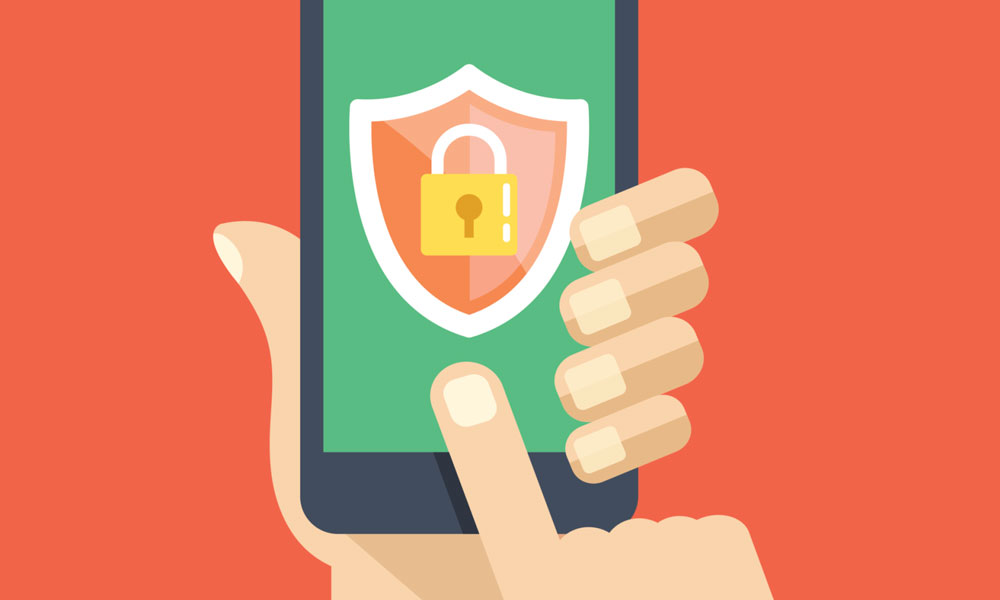
What’s Multi-Factor Authentication? This Nonprofit Wants to Tell You
Bouncing off the Obama administration's plan to boost cybersecurity awareness both inside and outside of the government, the National Cyber Security Alliance is expanding its educational efforts to emphasize ways to boost personal security, especially through multi-factor authentication.
With President Barack Obama putting extra focus on cybersecurity in the final year of his presidency, one nonprofit that’s closely tied to the issue wants everyone to learn the definition of a key phrase in the security world: “multi-factor authentication.”
To help with that, the National Cyber Security Alliance (NCSA) announced that it is expanding its “STOP. THINK. CONNECT” educational campaign, which it partnered with the Department of Homeland Security on to encourage Americans to learn how to secure their accounts through stronger verification measures. The announcement comes as the White House released a new budget with a 35 percent increase in cybersecurity funds, which will jump from $14 billion last year to $19 billion this year.
Also on Tuesday, the president signed an executive order creating a new Federal Privacy Council. He said the administration is examining ways to lessen the use of Social Security numbers as a form of identification.
“We have a broad surface area of old, outdated technology that’s hard to secure, expensive to operate, and on top of all that the skill sets needed to maintain those systems are disappearing rather rapidly,” U.S. Chief Information Officer Tony Scott told Wired in explaining the government’s plan.
But it’s not just the government that needs to take stronger actions to protect its citizens’ personally identifiable information; rather, Americans themselves have to get smarter about cybersecurity, and that’s where NCSA comes in.
“The National Cyber Security Alliance applauds President Obama’s dedication to the importance of cybersecurity awareness and education. We live in a digital age where people, networks, and devices are increasingly interconnected, and everyone needs to use the internet safely and more securely,” NCSA Executive Director Michael Kaiser said in a news release.
NCSA—a public-private partnership that works closely with major tech companies such as Facebook, Google, and Microsoft—plans to boost its educational efforts on multi-factor authentication with the help of IT-training organizations Logical Operations, New Horizons, and CompTIA.
NCSA will work with educators on training specific to multi-factor authentication, a type of security reinforcement that ties logins to a second method of identification, such as a gadget like your mobile device, or a physical characteristic, such as a fingerprint or voice print. The security strategy, also called two-step authentication, is available for a variety of common platforms and social networks, including Gmail, Facebook, and Twitter.
The president specifically highlighted the campaign when announcing his new cybersecurity plan, and, in a fact sheet, the White House pointed out public and private efforts to boost multi-factor authentication. In addition, the General Services Administration will strengthen the protection of Americans’ personal data through a new program.
(iStock/Thinkstock)






Comments